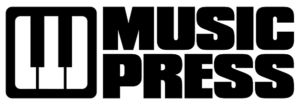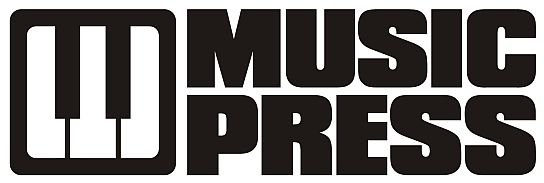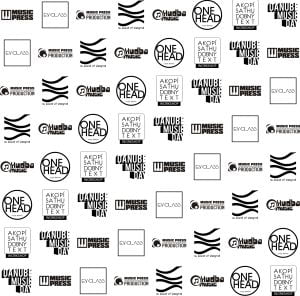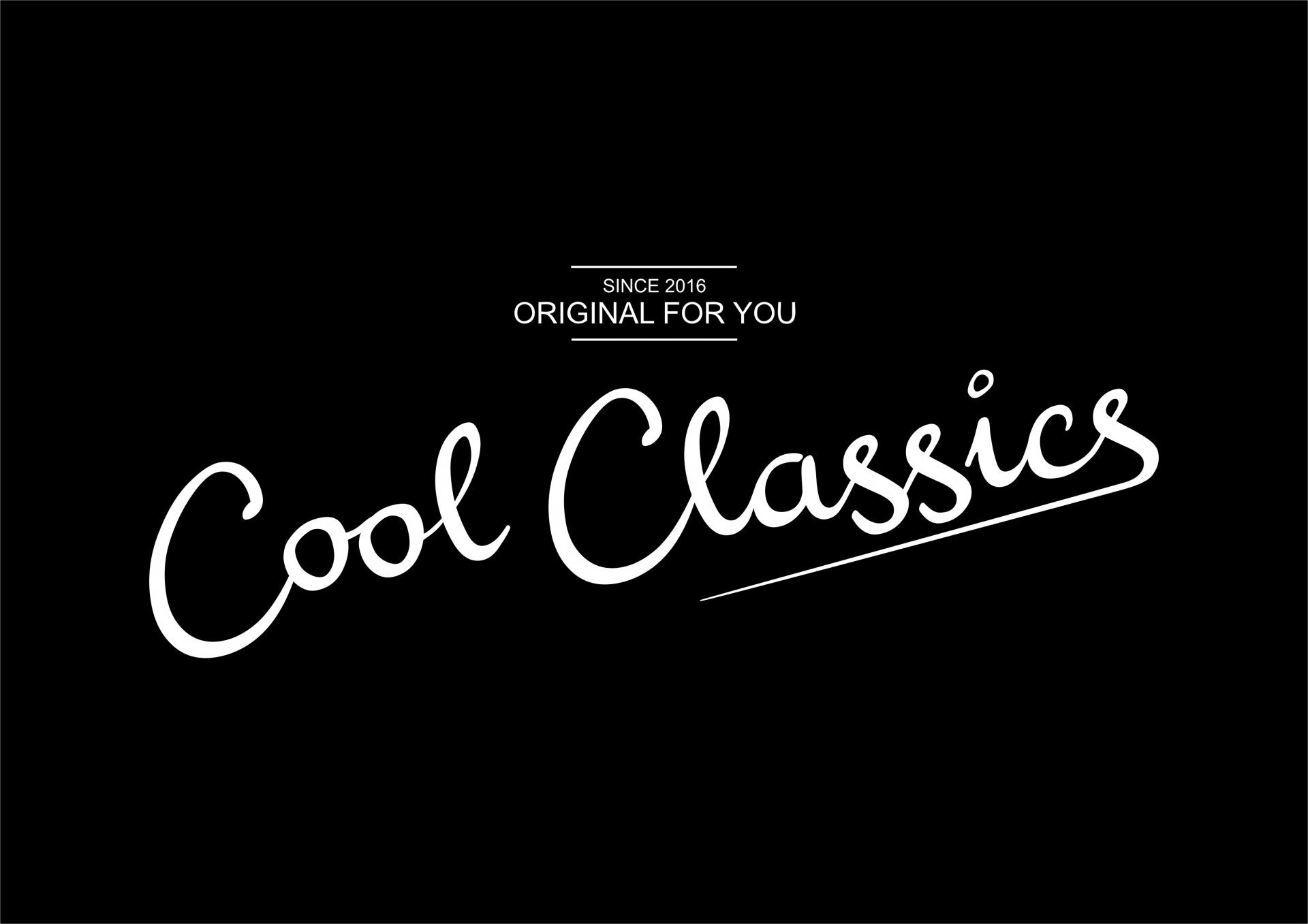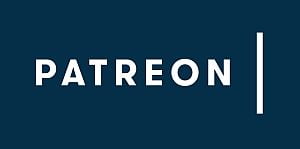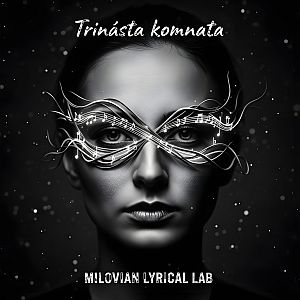Americký hudobný skladateľ Jeff Russo je podpísaný pod viacerými známymi seriálmi – Fargo, Star Trek, The Umbrella Academy, Alien: Earth, American Gothic – ako aj pod filmami Mile 22, Lucy in the Sky, American Dreamer atď. Okrem toho pôsobí v alternatívnej rockovej kapele Tonic, s ktorou nahral až šesť štúdiových albumov. Filmová hudba je pre neho spôsob, ako sa seba realizovať a zároveň sa priblížiť vízií režiséra či scenáristu. Prístup k scenárom, vnímanie hudby z pohľadu bežného diváka, filozofická otázka, či dobrá hudba zachrániť zlý film, používanie leitmotívov – toto sú témy, ktoré sme načrtli v našom rozhovore.
Ako sa pripravujete na nový projekt, keď dostanete scenár?
Najprv si starostlivo prečítam scenár, aby som zachytil atmosféru a tón. Potom sa vedú hlboké rozhovory s filmármi o ich vízii. Často to, čo opíšu a čo nakoniec hudobne funguje, spolu úplne nesedí – vždy je tam istý prekladový posun medzi tým, ako niekto o hudbe rozpráva a jej reálnym zložením. Keď pochopím ich zámery, začnem skicovať tematické nápady inšpirované priamo scenárom. To je podstata mojej prípravy.
Keď sledujete filmy alebo seriály ako divák, čo vás zaujme? Vnímate hudbu, alebo sa len snažíte užívať si príbeh bez premýšľania o filmovej hudbe?
Úprimne sa snažím vypnúť moju „skladateľskú myseľ“ a pozerať sa na film / seriál ako divák. Napríklad teraz sledujem Severance – hudbu skomponoval môj priateľ Teddy Shapiro – no úmyselne sa vyhýbam tomu, aby som ju vnímal z hudobného hľadiska. Chcem to zažiť ako celok príbehu. Je to náročné, niekedy ma kompozičný spôsob sledovania vyruší, ale snažím si to pustiť a jednoducho absorbovať príbeh len ako divák.
Súhlasíte s Maestro Morriconeho tvrdením, že žiadna dobrá hudba nedokáže zachrániť zlý film?
Áno. Hudba môže emóciu zosilniť alebo stlmiť – súčasťou rozprávania je ju zvýrazniť či potlačiť. Ale nemyslím si, že dokáže napraviť niečo, čo je v základe zle spracované. S jeho výrokom úplne súhlasím.
Je komponovanie pre televíziu náročnejšie ako pre film? A používate pri tvorení leitmotívy ako Wagner?
V zásade pracujem tematicky – leitmotívy sú pre mňa veľmi dôležitým nástrojom. Pomáhajú prepojiť divákov s emóciou, postavou alebo prostredím. Môžu sa zneužívať, ale keď sa používajú správne, sú mimoriadne účinné, a používam ich pomerne často.
Práca s časom v hudbe je nevyhnutná. Cítite sa niekedy priťahovaný k tomu, aby ste vniesli modernú hudbu do starších prostredí – ako vo Fargo – alebo aby ste znovu interpretovali staršie štýly vo svete moderných filmov?
Povedal by som, že každý projekt je jedinečný. Každý si vyžaduje vlastný hudobný jazyk – či už klasický, moderný, elektronický, orchestrálny, akustický, minimalistický alebo hustý. Neexistuje univerzálne riešenie.
Umenie neprichádza s návodom. Ide o to, čo v danej chvíli pôsobí správne. Preto by som netvrdil, že moderná hudba sa musí používať v období minulej doby, ani že klasický štýl automaticky pasuje do moderného filmu. Skôr ide o to, dôverovať svojej intuícii a podstúpiť kreatívne riziká, ktoré najlepšie slúžia príbehu.
Spomenuli ste, že od čias Arthura Honeggera je filmová hudba záchranou pre skladateľov a dnes sa často vníma ako klasická – mnohí ju obdivujú a usilujú sa ju vytvoriť. A vy – túžite kompozíciu do koncertných sien, ako sonáty či symfónie?
Píšem hudbu už dlhý čas a ak by som naozaj túžil tvoriť koncertné diela, určite by som to robil. No môj najväčší záujem spočíva v rozprávaní príbehov – to som začal už v 90. rokoch so svojou kapelou, kedy sme rozprávali vlastné príbehy. Teraz rozprávam príbehy, ktoré chcú rozprávať filmári, a veľmi ma to baví. A hrať túto hudbu naživo je skutočná radosť.
Zatiaľ však necítim silný záujem písať špecificky pre koncertný sál. Možno niekedy neskôr, ale teraz necítim, že ma to ťahá. Nie som si istý, či mám aktuálne umeleckú pripravenosť na to skladať také diela na vysokej úrovni, a zatiaľ som to ani neprelomil. Jednoducho ma to zatiaľ nevolá – možno raz áno, ale momentálne nie.
Čo vás viac napĺňa—práca v štúdiu, alebo pódiové vystupovanie s kapelami ako Tonic alebo Low Stars?
Oboje milujem rovnako. Low Stars bol vždy plánovaný ako jednorazový vedľajší projekt a veľmi ma to bavilo. Tonic je moja hlavná kapela – spolu zakladal som ju a dodnes mám k nej rovnaký záujem. Zatiaľ som s nimi dlho nehral naživo, ale chystám pár koncertov znova.
Pre mňa sú oba tieto aspekty podstatné v mojom umeleckom naplnení a dúfam, že budem pokračovať v oboch smeroch.
Máte v pláne americké alebo európske turné so svojou hudbou alebo kapelou?
Zatiaľ nie je nič naplánované, no nikdy neviete – svet sa môže zmeniť.
Na čom momentálne pracujete?
Dokončujem seriál Alien, pracujem na Citadel pre Amazon a na projekte Untamed pre Netflix. Tiež mám ďalšie veci vo vývoji. Ďakujem za váš čas.
How do you prepare when a new project starts and you receive a script?
First, I read the script carefully to get a feel for the tone. Then I have in-depth conversations with the filmmakers about their vision. Often what they describe and what ends up working musically don’t fully align—there’s always a little translation issue between talking about music and actually composing. So after understanding their intent, I begin sketching thematic ideas inspired directly by the script. That’s the core of my preparation.
When you watch films or series as a viewer, what grabs your attention? Do you notice the music, or do you try just to enjoy the story without thinking about scoring?
I really try to switch off my composer brain and watch as a viewer. For instance, I’m watching Severance right now—scored by my friend Teddy Shapiro—but I consciously avoid listening to it from a musical standpoint. I want to experience it purely as intended—as a piece of storytelling. It’s hard, occasionally the compositional side creeps in. But I strive to release that and just absorb the show as an audience member would.
Do you agree with Maestro Morricone’s statement that no amount of good music can save a bad movie?
Yes. I you know, look, we can make music can make a great movie. I want to say better. Better is not the word like it amplifies, you know, music amplifies emotion, right? It amplifies or it attenuates like one or the other. And that is part of the storytelling process, but you can’t fix a bad thing with good music, I don’t think. So, I agree with that.
Is composing for TV harder than for film? And do you use leitmotifs in your work, similar to Wagner?
I mean I tend to write thematically. So let motifs and motifs in general are a big important tool in my toolbox. You know it’s the best way to connect viewers with an emotion or a character or a geographical location. You know a lot of times it can be overused. Um, but yeah, I think that they’re very handy and I tend to do it all the time.
Working with time in music is essential. Do you ever feel drawn to placing modern music in older settings—like in Fargo—or reimagining older styles within modern films?
Well, I honestly feel that every project is unique. Each demands its own musical language—whether classical, modern, electronic, orchestral, acoustic, sparse, or dense. I don’t believe there’s a one-size-fits-all answer. Art doesn’t come with a rulebook. It’s about doing what feels right. So, I wouldn’t say modern music should be used in a period style, or that classic styles should automatically complement a modern picture. Instead, it’s about trusting your instinct and taking creative risks that serve the narrative best.
You mentioned that ever since Arthur Oner’s time, film music has been a lifeline for composers, and is often regarded today much like classical music—many aspire to create it. What about you? Do you have ambitions to write music for concert halls—such as sonatas or symphonies?
Well, I’ve been writing music for a long time, and if I truly wanted to write concert music, I would pursue it. I tend to love storytelling above all—and that’s how I started, writing songs with my band in the ’90s: telling the stories we wanted to tell. Now I’m involved in storytelling through filmmakers’ visions, and I really enjoy that process. Performing that music live is also very rewarding and fun.
However, I don’t feel a strong interest in writing music specifically for concert halls right now. I might in the future, but at this point in my life, I haven’t felt that pull. I’m not certain I possess the artistic readiness or ability to do it well yet, and I haven’t attempted it. It just hasn’t drawn me—perhaps one day it will, but not at the moment.
Do you find working in the studio more exciting than being on stage and living the life of a rock star? And I’m curious—what’s going on with your bands like Tonic and Low Stars?
Well, Low Stars was always intended as an one‑record side project, and I had a lot of fun doing it. Tonic is my main band—you could say it’s my baby. I co‑founded it with Emerson Hart, who’s been my musical partner for a long time. We’re still interested in making music together, and the band is still active. I haven’t played live with them for a while, but I do have plans to do some shows again soon.
I’d say I love both studio work and performing live equally. Going out and playing gigs energizes me as much as creating music in the studio. Both studio composing and stage performing are vital to my artistic well‑being, and I hope to keep doing both.
Do you have some plans for something like the American or European tour with your own music or with your band?
Um, you know, I there’s no plan right now, but who knows? That might change.
What new projects are you working on now?
I’m finishing the Alien TV series, working on Citadel for Amazon, and a Netflix series titled Untamed. I’ve also got a few other things in development. I appreciate your time. Thank you so much.
Thank you very much. Bye-bye.
